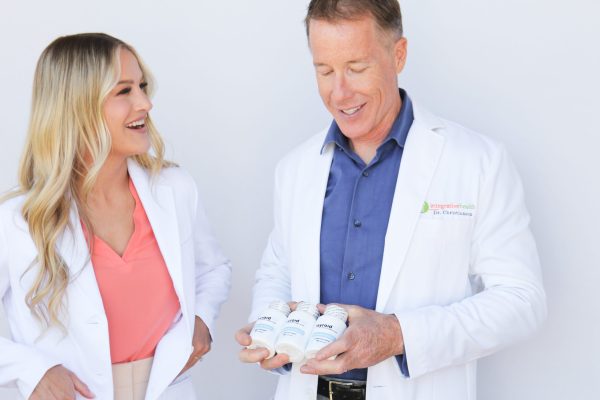Final Thoughts: Levothyroxine
As we round out today’s article, here are a few more thoughts I’d love for you to remember. Let’s say you’re on medicine, everything is stable, but you’re still not feeling well – what do we do next? How can we troubleshoot that?
You may be someone where medication wasn’t necessary in the first place. In those cases, there is no right amount – any amount, regardless of the dose or the blood levels, will not make you feel good. It can even have the opposite effect.
Generally, medications are needed for those who lack a thyroid or who have overt hypothyroidism. If you have anything else, medications may not help.
Additionally, you may be getting too much iodine. Iodine is very tricky and requires a very narrow range, but we can often find quite a bit of iodine in our medication. Once you’re on that medication, it’s far too easy to get too much iodine.
We also need to consider comorbidities. That’s because there are a lot of things that go alongside thyroid disease. If you are prone to thyroid disease, you’re more likely to:
- Be low in iron
- Have issues with stomach autoimmunity
- Have fatty liver
- An abnormal adrenal rhythm
A lot of people are on medicine, trying to feel better, but it’s simply not working. Then, they adjust that medicine and things still don’t improve. That’s such a frustrating feeling, but what I want you to know is that you may not need the medicine in the first place.
Next Steps: Understanding Levothyroxine
Are you interested in learning more about thyroid medications and evaluating the state of your thyroid? Take this quiz to get a deeper sense of what’s going on in your own body, or take a look at the Thyroid Reset Diet to see how you can quit the medications that may not be helping you. Here’s to your best health!











